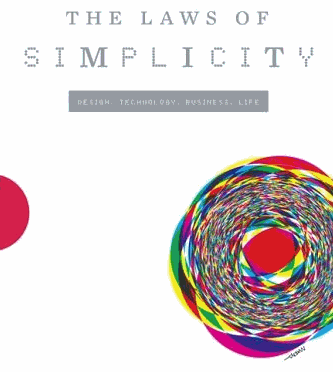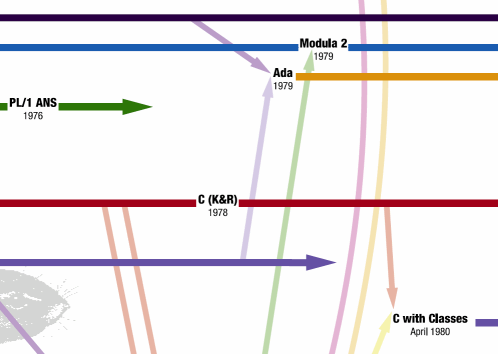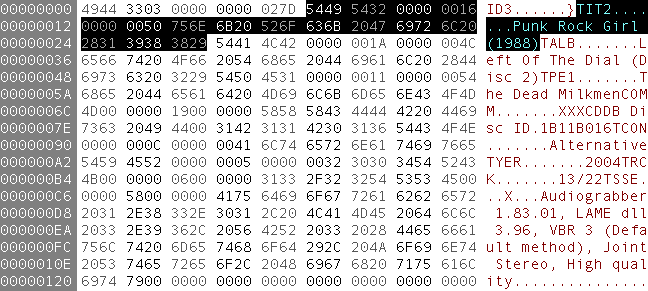
software development concepts
Simplicity as a Force
Simplicity isn’t easy to achieve, and John Maeda’s short book, The Laws of Simplicity, provokes a lot of thought on the topic. Programmers swim in a sea of unending complexity. We get so used to complexity as an ambient norm that we begin, consciously or unconsciously, projecting it








